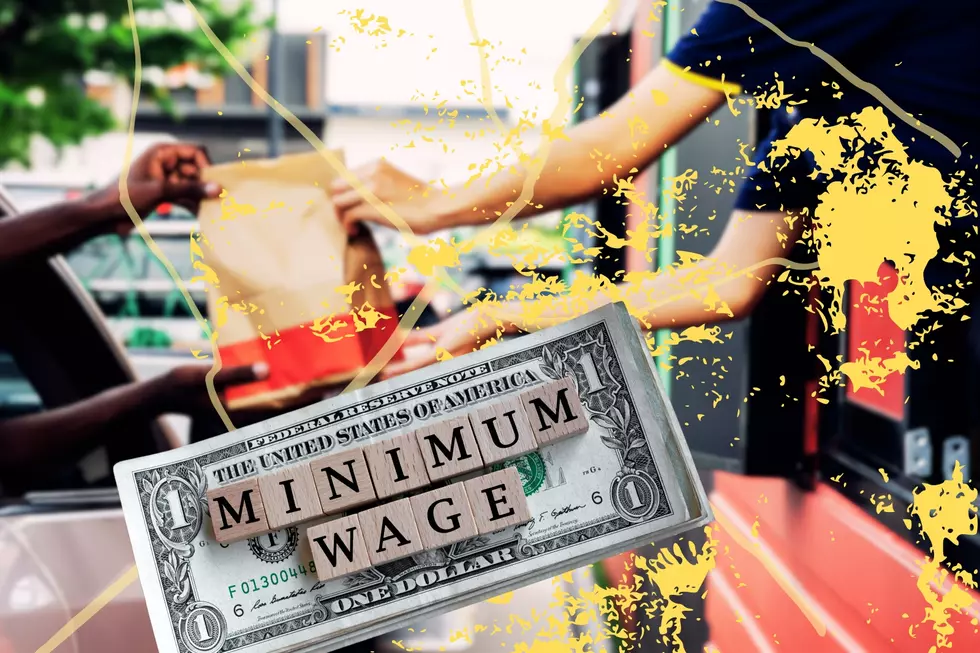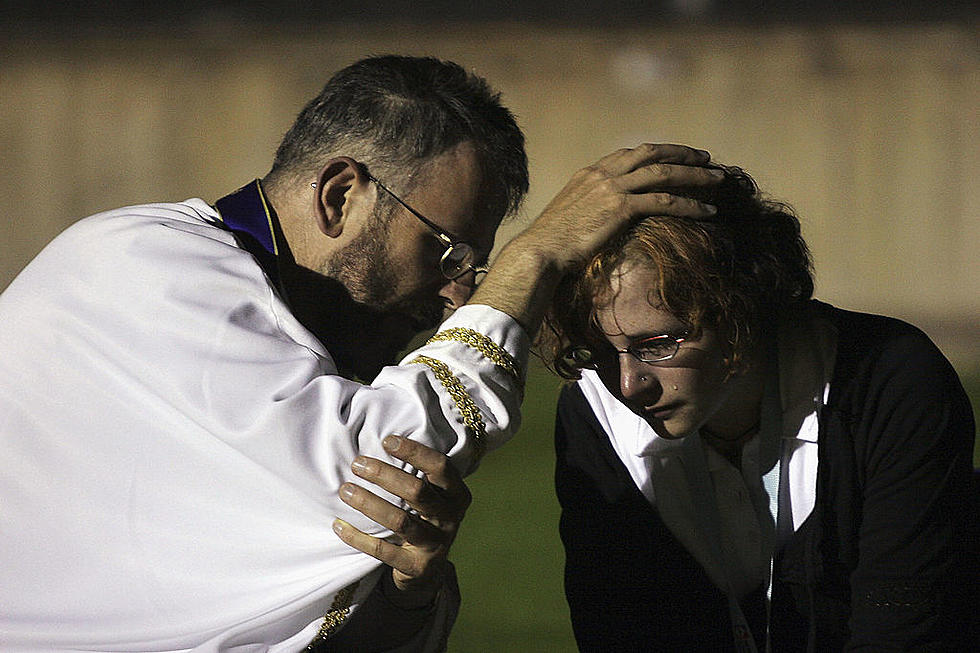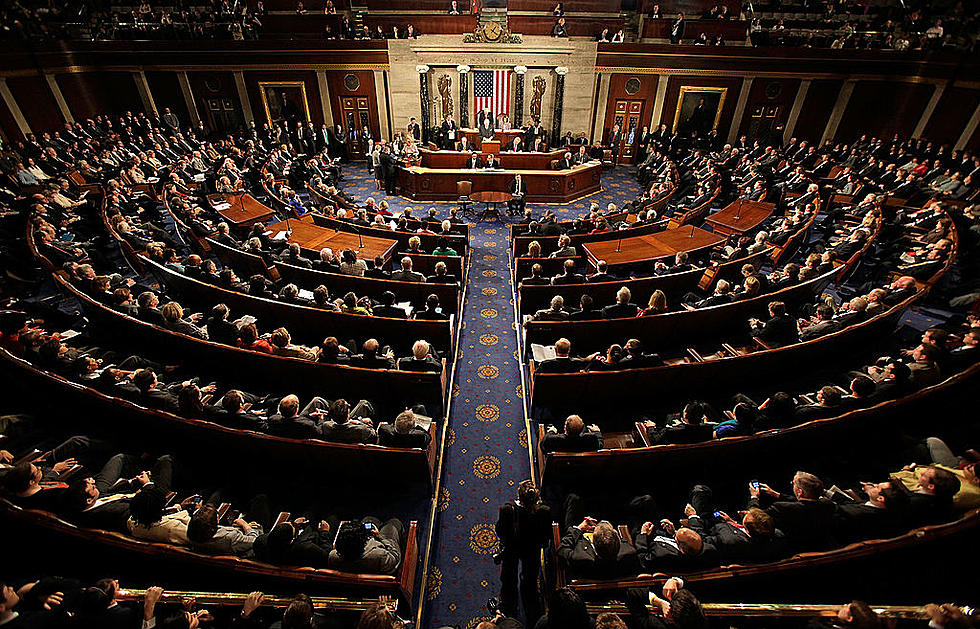
An Episode Of Basic Fairness Gets Its Day In Court
The Supreme Court gets back to work in a few days and "basic fairness" goes on trial and BOTH sides can claim the high ground on fairness.
On Monday, Feb. 26, the Supreme Court will hear the arguments in the case of Janus v. American Federation of State, County, and Municipal Employees, (AFSCME) Council 31. For the record, AFSCME is the largest trade union in the U.S. representing 1.3 million employees and retirees in health care, corrections, police, firefighters, childcare providers and others who work through government for the rest of us.
This case is basically this - Should public employees who opt out of union membership be forced to pay a fee for what is being called their “fair share” of the costs associated with collective bargaining. Supporters say even workers who aren't in the union benefit when union negotiators strike a good deal for all workers. They ask that since that process costs money, shouldn't ALL who benefit help pay the expenses?
On the other hand, if an employee wants no part of the union, why should he/she be forced to pay for union activities regardless of any union generated windfalls that may come their way?
The specific player here -Mark Janus is an Illinois state employee who contends that forcing him to subsidize the union he has declined to join (AFSCME Council 31) violates his free speech and free association rights.
More From News Talk KIT









